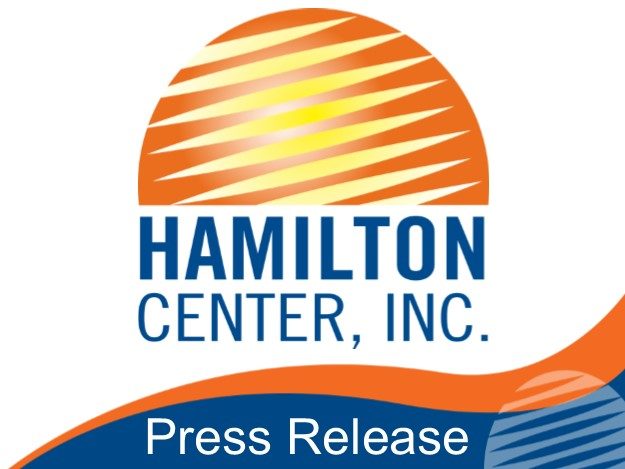Receives $3.75M to enhance services
The Substance Abuse and Mental Health Services Administration (SAMHSA) has announced that Hamilton Center, Inc. (HCI) has received a two-year, $3.75M grant, through the CCBHC Expansion Grant, to expand and enhance services in Vigo County. Hamilton Center is currently working towards designation as a Certified Community Behavioral Health Clinic (CCBHC).
“This grant will assist us in addressing specific components of our larger strategic plan to improve access to evidence-based and integrated healthcare for individuals who live and seek services in Vigo County, Indiana.” said Melvin L Burks, CEO of Hamilton Center, Inc. “Vigo County is the organization’s largest service county with over 5,000 children and adults served each year.”
The populations of focus for this project will include adults and children with severe mental illness, substance use disorder, and co-occurring disorders, as well as individuals with chronic physical health needs.
“Our goals are to expand and enhance existing Hamilton Center services to provide a more comprehensive and integrated service delivery model for our consumers,” said Mark Collins, Chief Clinical Officer, Hamilton Center, Inc. “This includes improving access to crisis services, increasing coordination of intensive community treatment, and increasing access and coordination of psychiatric services,” he added.
Components of the program include establishing a 24-hr mobile crisis team and the implementation of the Assertive Community Treatment (ACT) model, an intensive team approach to community mental health service delivery that assists people in becoming independent and integrating into the community and provides access to services 24 hours a day. In addition, the grant will enhance Hamilton Center ‘s efforts to integrate primary and behavioral healthcare by providing additional screening for both.
The CCBHC designation was established by the Excellence in Mental Health Act of 2014. This powerful legislation is the largest investment in mental health and addiction care in generations according to the National Council for Behavioral Health.
The CCBHC Expansion Grant expanded the Certified Community Behavioral Health Clinic (CCBHC) program to include an additional 19 states. The goal of this expansion is to expand capacity in the behavioral health system to care for more Americans and alleviate the pressure on our nation’s jails and emergency rooms. The CCBHC Expansion Grant include $200 million in annually appropriated funding and $250 million in emergency COVID-19 funding.
“As a community organization committed to serving the behavioral health needs of our consumers, we are excited to incorporate these enhancements to our service delivery array,” said Melvin L Burks. “These opportunities assist us in our vision to advance excellence in behavioral health services.”
Hamilton Center, Inc. is a regional behavioral health system in Central and West Central Indiana with corporate offices located in Terre Haute, IN. Services are provided to children, youth and adults, with specialized programs for expectant mothers, infants, and people who may be struggling with stress, life changes, or relationship issues as well as more serious problems such as depression, anxiety disorders, and serious mental illnesses.
For questions or inquiries about services call (812)-231-8323 or visit www.hamiltoncenter.org.







